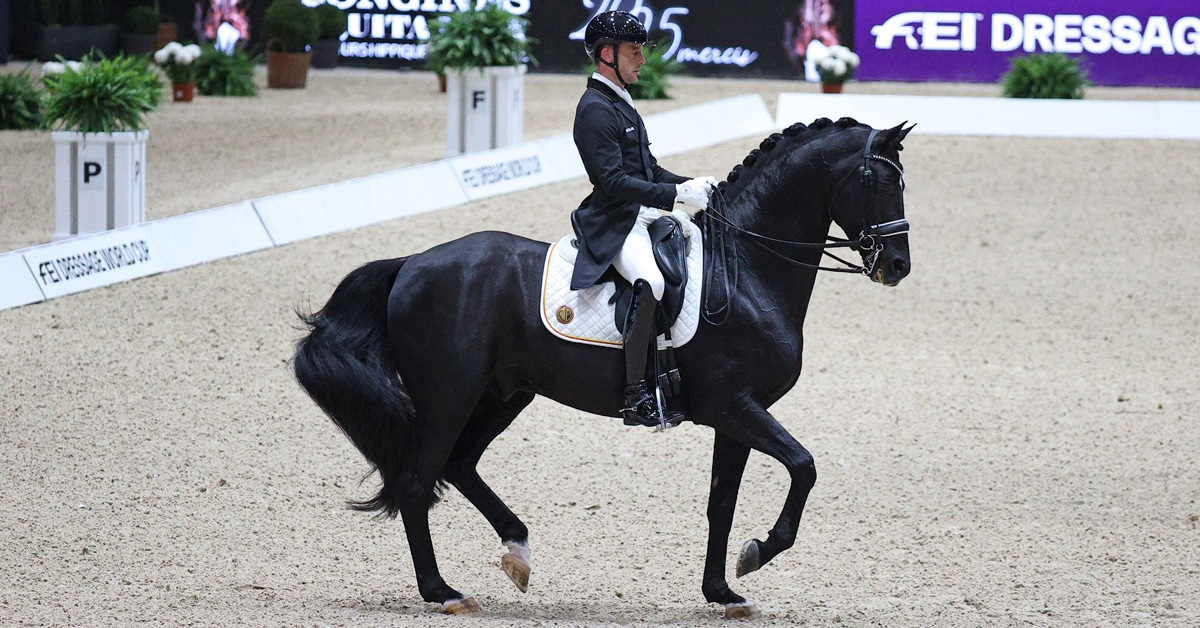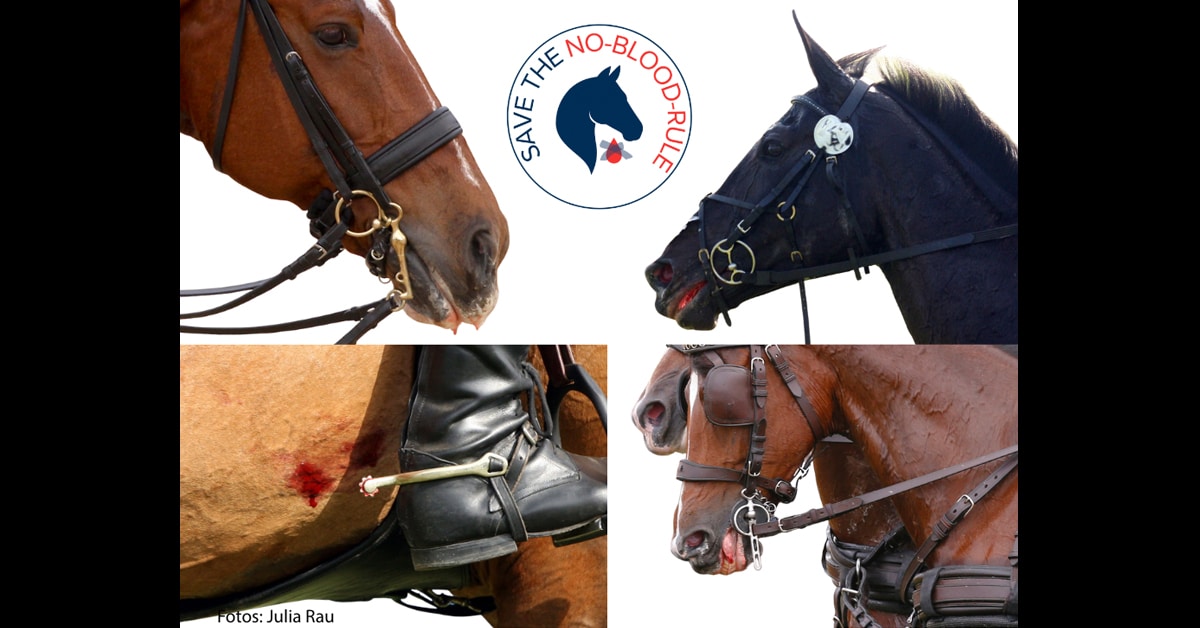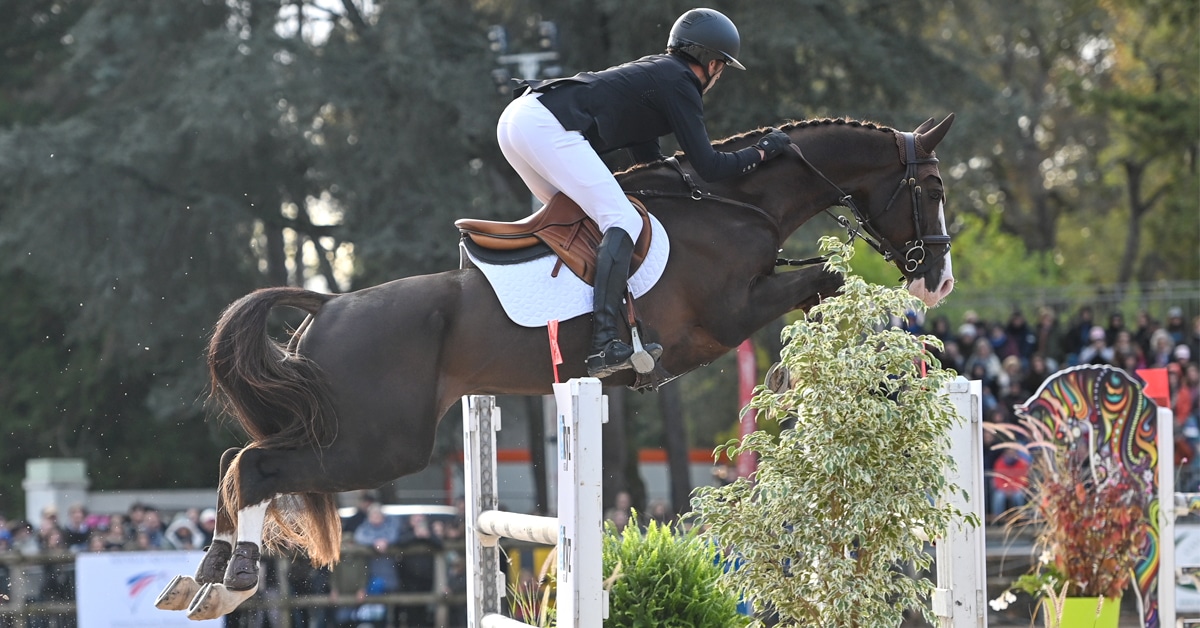Leg bandages will no longer be permitted on competition sites in The Netherlands – including in the competition arena, warm-up areas or during prize-giving ceremonies – beginning March 1st for vaulting and April 1st for show jumping, dressage and driving (bandages are already outlawed in eventing). The move comes to improve horse welfare after research has indicated they can cause damage to horses’ legs during exercise. Bandages will continue to be allowed in the stable and during transport.

Overtight bandages may cause inflammation of ligaments/tendons and increase leg temperature by about 50% more than an uncovered leg.
The Dutch federation (KNHS) said that the decision is based on scientific studies which show that bandages do not provide effective leg protection and can even have a negative effect on horses’ legs.
Morgan Lashley, specialist in sports medicine and equine rehabilitation at the University of Utrecht, remarked, “It has been investigated whether bandages can prevent overextension of the fetlock. The answer is no, even tape does not help against this.”
The biggest problem is the temperature increase under bandages, which has an adverse effect on the elasticity of tendon tissue. Compare it to boiling an egg: the structure of the tendon fibres changes, which can damage them, and cooling the legs immediately after riding does not help. “That’s like first setting your house on fire and then putting it out,” said Lashley. “The damage has already been done.”
Problems can also arise if bandages are not applied correctly. “If they become loose, a horse can become entangled in them. If they are too tight or the material is not good, pressure can occur. I have even seen abroad that tendons had suffered trauma due to bandages that were too tight.”
Research into the use of bandages includes a study out of Middle Tennessee State University in 2021 which was presented at the 2021 Equine Science Society Virtual Symposium. The study set out to explore leg surface temperature during and after exercise when horses wore leg protection and found that polo wraps especially increased limb temperature considerably.
More News









